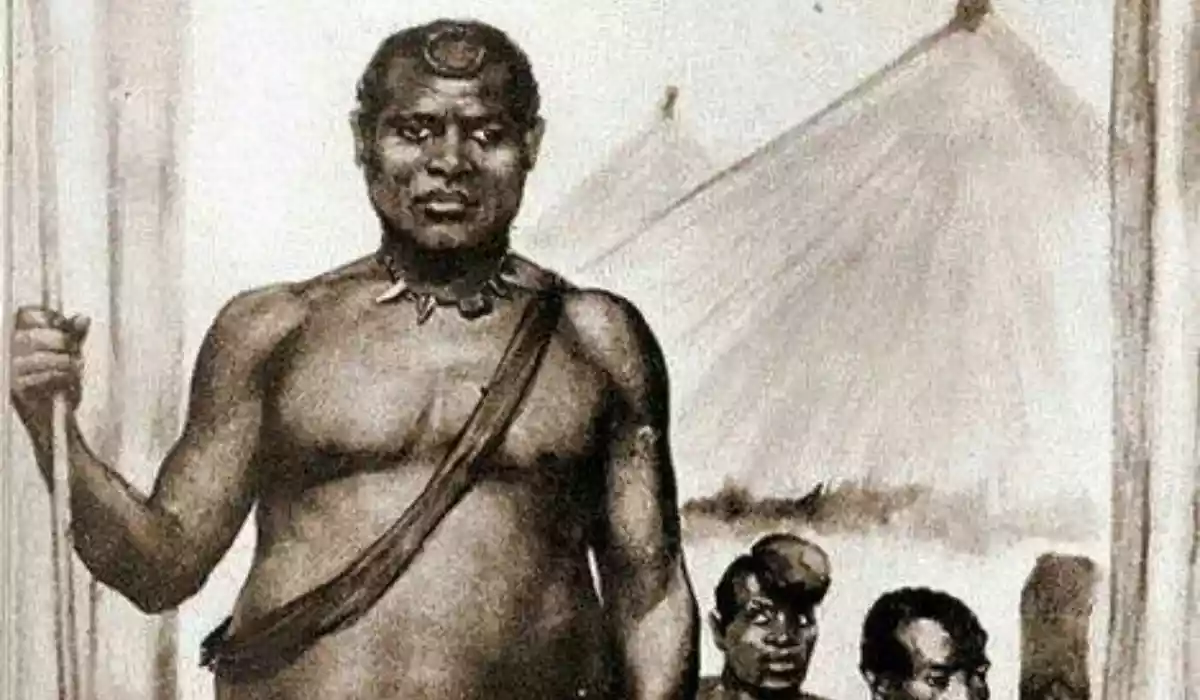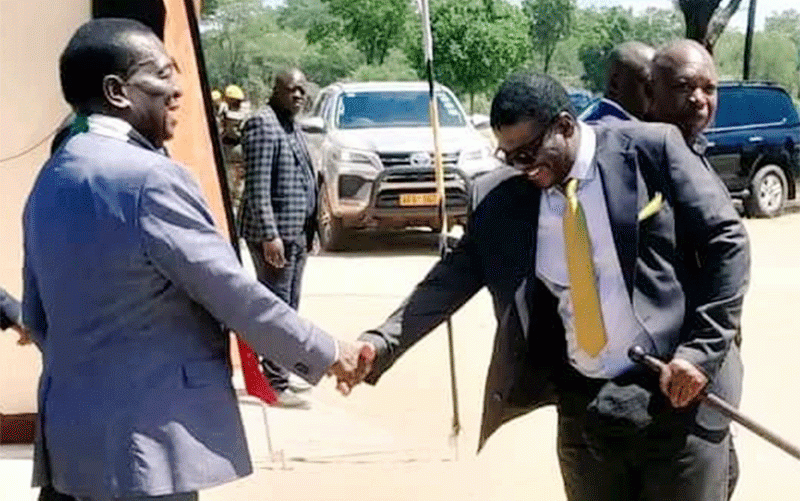
President Emmerson Mnangagwa has attracted scorn over his remarks suggesting that the late Ndebele King Lobengula Khumalo was dull.
Mnangagwa made the remarks while addressing a gathering in Chivhu at Makumimavi Primary School where he commissioned 17 schools a fortnight ago.
He said King Lobengula was averse to innovation.
Freedom Alliance party spokesperson, Nhlanhla Moses Ncube, said it was unfortunate that Mnangagwa saw Lobengula as an easy target for jokes.
“What makes matters worse is that Mnangagwa's wayward jokes from the formal syllabus in Zimbabwe,” he said."
"Whether one likes or hates it, King Lobengula is an unmatched hero in Zimbabwe and the rest of Africa”
The spokesperson of Stanley Raphael Khumalo, a claimant of the Ndebele kingship, Greater Sibanda, said Mnangagwa’s remarks were in bad taste.
“The remarks by President Mnangagwa, who recently did a good job of commissioning the Pupu Memorial are destructive,” Sibanda said.
- Bodies ‘rotting’ at UBH
- SOS for slain Elvis Nyathi’s children
- Bulawayo water woes persist despite rains
- CCC moves to consolidate support base
Keep Reading
“You cannot joke about insulting other leaders in that way...he is the one who is supposed to unite the people not to divide them.”
Political analyst Effie Ncube said Mnangagwa risked fuelling polarisation on ethnic grounds.
“Ordinarily we should be able to joke about our leaders, past and present, without any issue, however, our country comes from a deeply divided past which means we have a lot of work to heal and reconcile," Ncube said.
"We are a divided country that needs kind and carefully chosen words.
“The process of healing begins by being careful not to hurt any group by what we do or say.
“Therefore, all public officials should desist from demeaning and discriminatory language or utterances that carry the risks of being viewed as advocacy for hatred of a particular group."
Zapu spokesperson Richard Gandari said Mnangagwa wanted to distort history.
"Such backward utterances must be dismissed with contempt by all progressive Zimbabweans. We need to make our official position known," he said.
Bulawayo Progressive Residents Association secretary for administration Thembelani Dube echoed similar sentiments.
"The utterances are a painful reminder of the disturbances the people of Matabeleland experienced in the early eighties in that people may start to link the massacres with such perceptions regarding the people of Matabeleland," Dube said.
Ibhetshu likazulu secretary general Mbuso Fuzwayo said Mnangagwa had a duty to promote unity.
“Statesmen do not behave and talk like that,” hF said.
Mthwakazi Republic Party president Mqondisi Moyo said Mnangagwa’s remarks were tantamount to insulting a people’s culture and tradition.
"To dismiss King Lobengula as dull and to make light of tragic events in our past demonstrates a grave lack of empathy and understanding of the complexities of our shared history,” Moyo said.
“We stand firm in our unwavering commitment to upholding the dignity and pride of our cultural heritage.
"We refuse to tolerate such demeaning and derogatory remarks that seek to diminish the significance of our ancestors and the struggles they faced.
“Our traditions, customs, and history are not to be belittled or distorted for the sake of political grandstanding or cheap laughs."
Mnangagwa’s jibe at King Lobengula comes barely five months after national broadcaster, ZBC, suspended two presenters Farai Magada and Victoria Manase for denigrating the late Ndebele king live on national television.
King Lobengula was the last Ndebele king. He ruled the Matabele Kingdom after the death of Mzilikazi in 1868, until the demise of the Kingdom in the mid-1890s.






